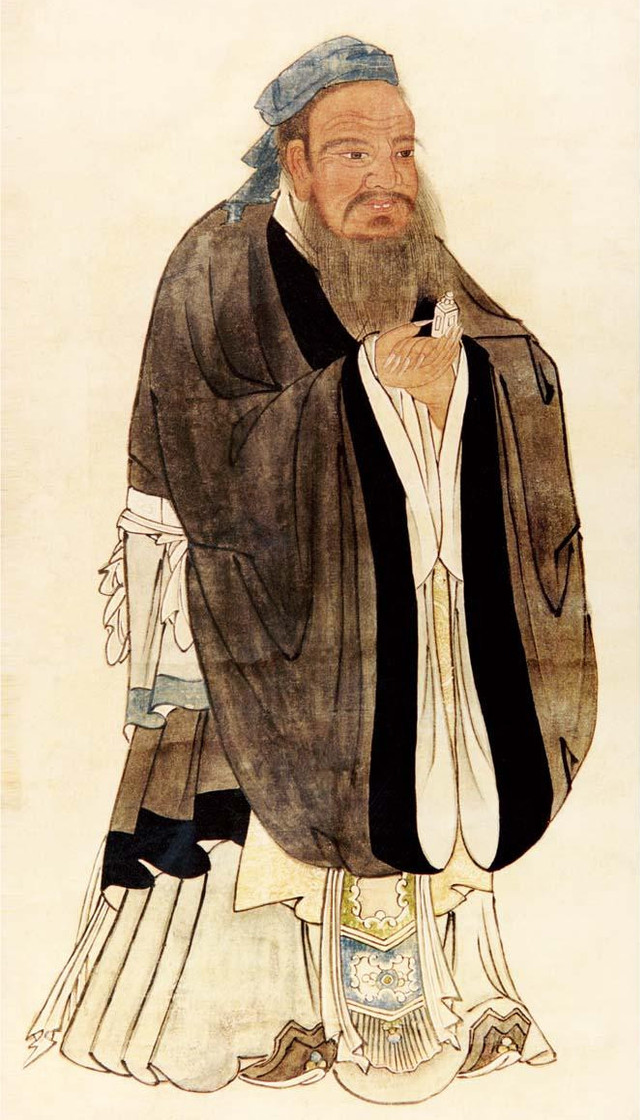JINAN – Focusing on common values and a community with a shared future for humanity, the Nishan Forum on World Civilizations saw its ninth gathering in Qufu, the birthplace of Confucius in Shandong province, from Tuesday to yesterday.
More than 1,500 experts and scholars from 78 countries and regions across the globe have convened here to collectively delve into subjects encompassing the scientific connotations and profound significance of humankind’s mutual values.
At the opening ceremony, International Olympic Committee (IOC) president Thomas Bach delivered a video speech highlighting the wisdom inherent in Confucianism, namely deepening understanding among global civilizations through respectful dialogue and exchange.
Participants have offered high commendation for the China-proposed Global Civilization Initiative (GCI) this year, expressing strong agreement with promoting mutual values of humanity.
They acknowledged that Chinese traditional culture contains rich wisdom for international exchanges and governance. The initiative reflects a pursuit of shared destiny, contributing Chinese wisdom to the coexistence and mutual learning of different civilizations.
“The unique forum in the unique place is a gift for humanity,” said Jeffrey D. Sachs, Professor of Economics at Columbia University, at the opening ceremony.
“By studying ancient philosophy, we understand the growth of different civilizations because the Confucian civilization differs from Western civilizations. It is much more about harmony and society,” said Sachs.
For Roger T. Ames, the humanities chair professor at Peking University, also a regular visitor to Qufu since 1985, revisiting the familiar location is enjoyable.
Over the decades, he has made multiple trips to Qufu and witnessed the significant transformation of this culturally renowned city, Ames said during an interview with Xinhua on Tuesday.
“China today, Qufu in particular, can give people a good life, at the same time preserving and perpetuating the culture,” noted Ames.
Highlighting the significance of Confucianism echoed through the ages, Chung Chae Gun, President of the Institute of Korean Confucian Culture, stated that Confucianism, as a philosophy grounded in human relationships and the interaction between humans and their environment, continues to hold relevance in contemporary society.
British scholar Martin Jacques participated in the West East Talk Forum via video, the subforum of the event, shedding light on the inclusive nature of Chinese culture. “The Chinese approach is essentially a pluralistic approach, to listen and learn and respect from other cultures and other civilizations and to recognize the importance of civilizations.”
Ehsan Doostmohammadi, an Iranian researcher at China’s Southwest University, first arrived in China in 2009 and has since developed a profound appreciation for the abundant legacy of Chinese traditional culture. He aptly likened this cultural treasure to the “inexhaustible treasury of gold” referenced by the renowned poet Rumi.
Speaking at the Nishan Forum on World Youth, he said that the philosophical ideas and humanistic spirit within Chinese traditional culture are profoundly enriching, with values that transcend time and space. “These exceptional ideas provide valuable inspiration for people to understand and reshape the world, offering significant insights into addressing the contemporary challenges and issues facing humanity.”
Roger T. Ames also expressed concern about the prevailing global individualism trend, believing that the various challenges humanity faces can only be resolved through cooperation.
Confucian tradition has a different conception of the person. It’s not about individualism. The idea of human beings being interdependent and human beings being members of a family can take us from an ideology of individualism to a different way, Ames told Xinhua.
– Xinhua
Portrait by of Confucius by Qiu Ying (1494–1552), Ming Dynasty - Image provided by Wikimedia Commons








